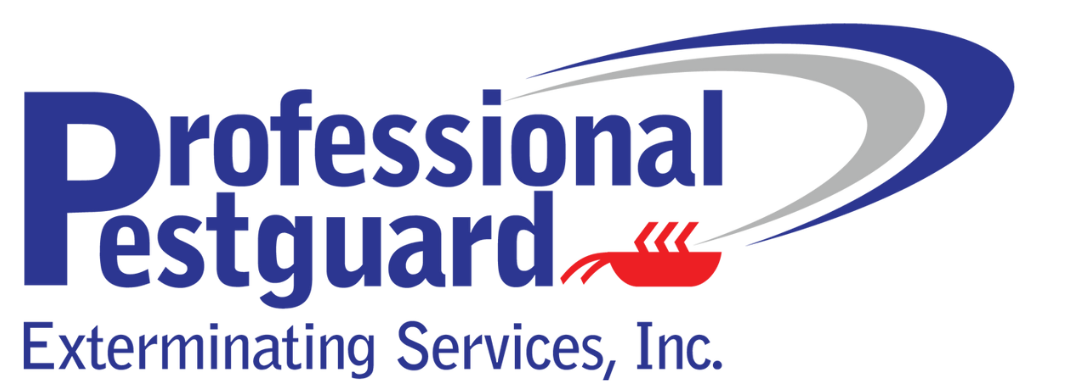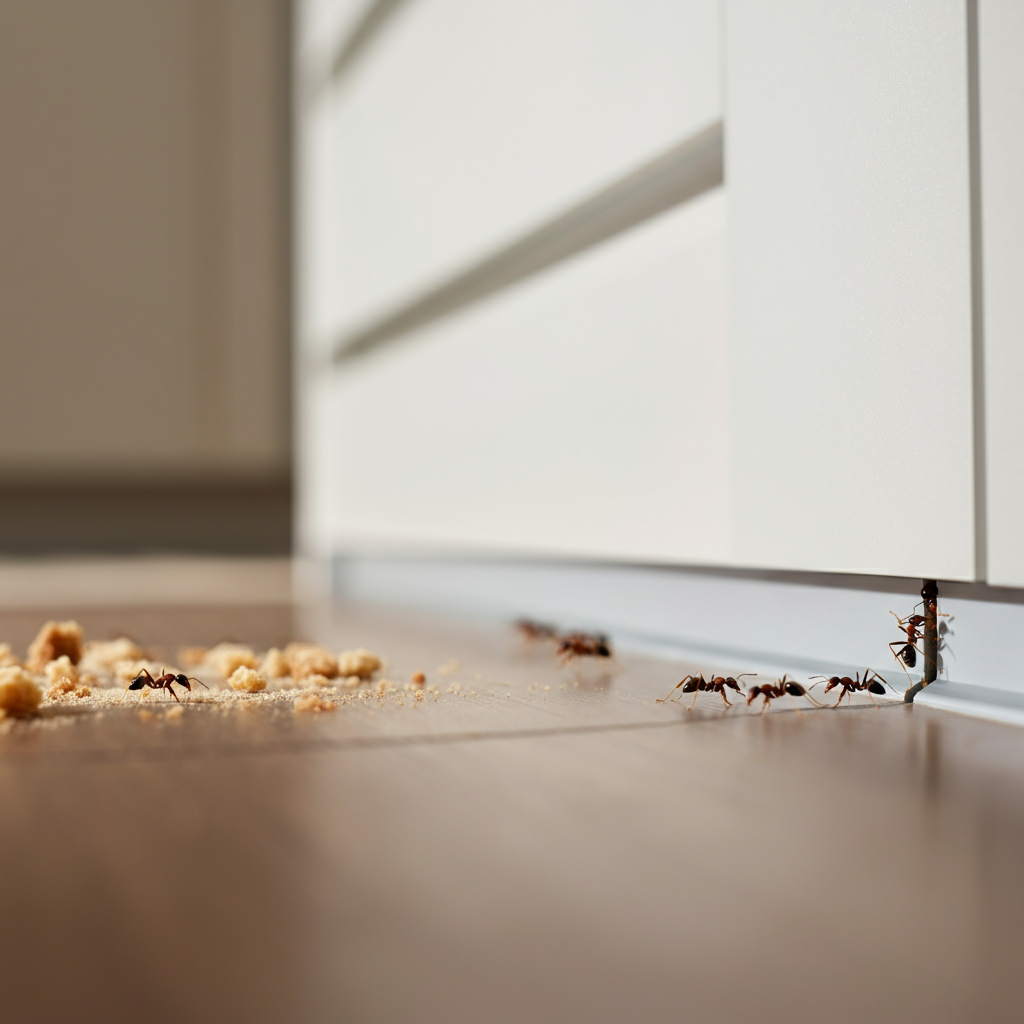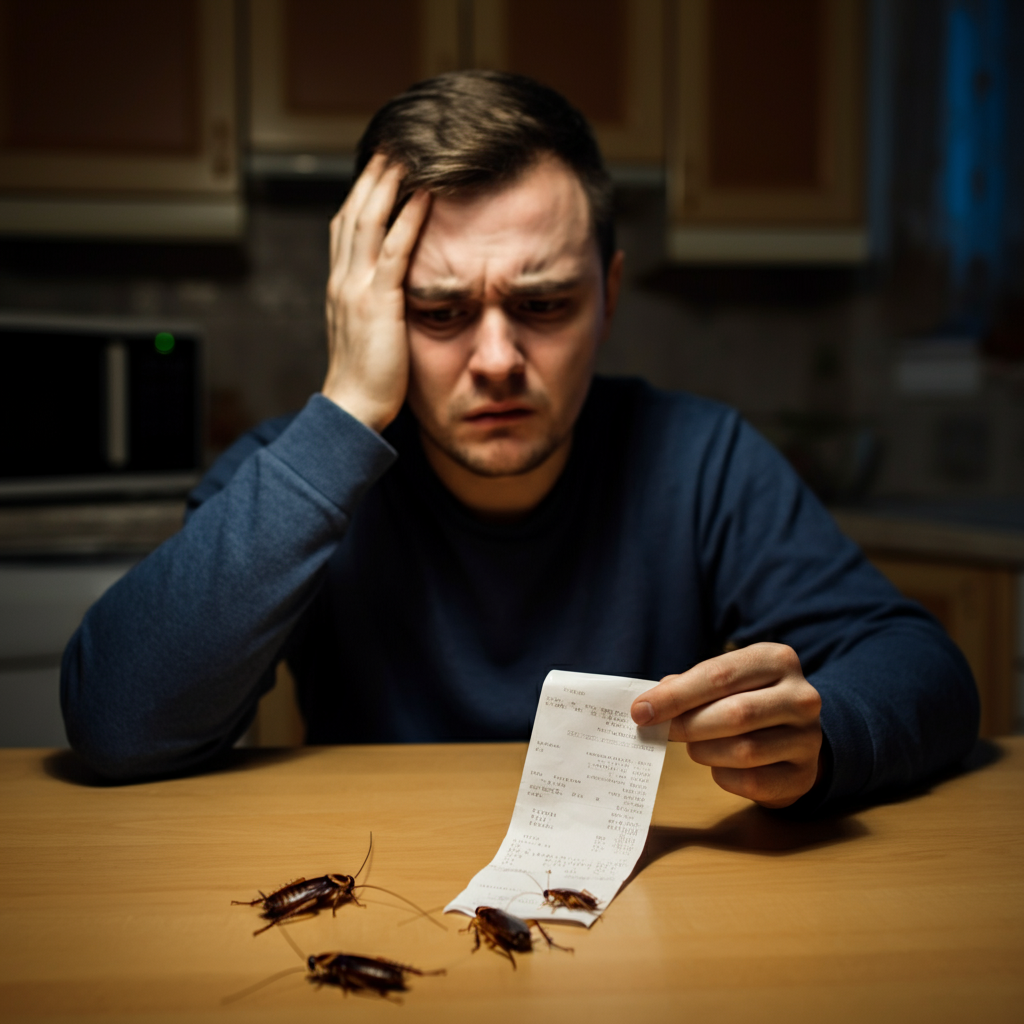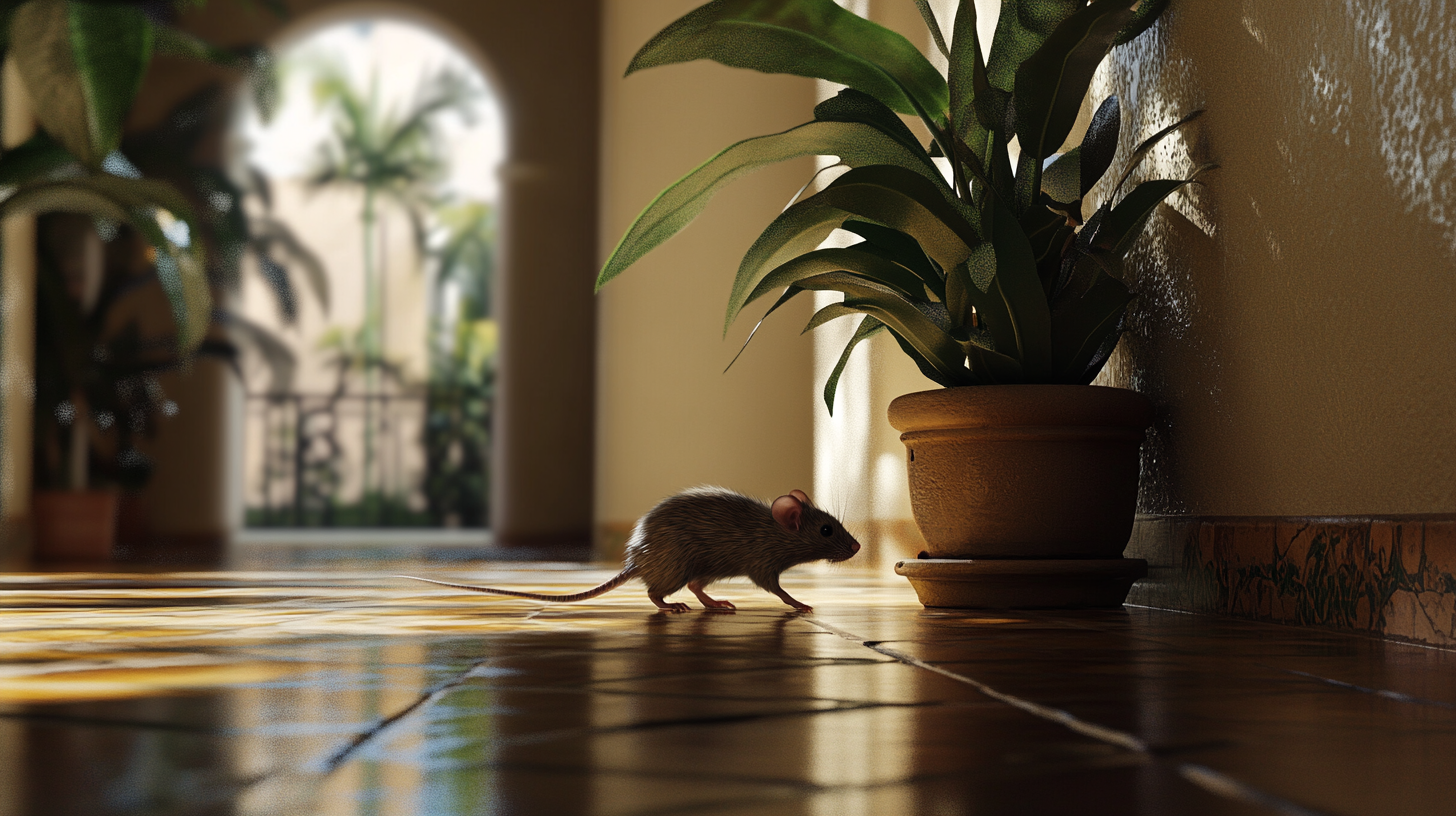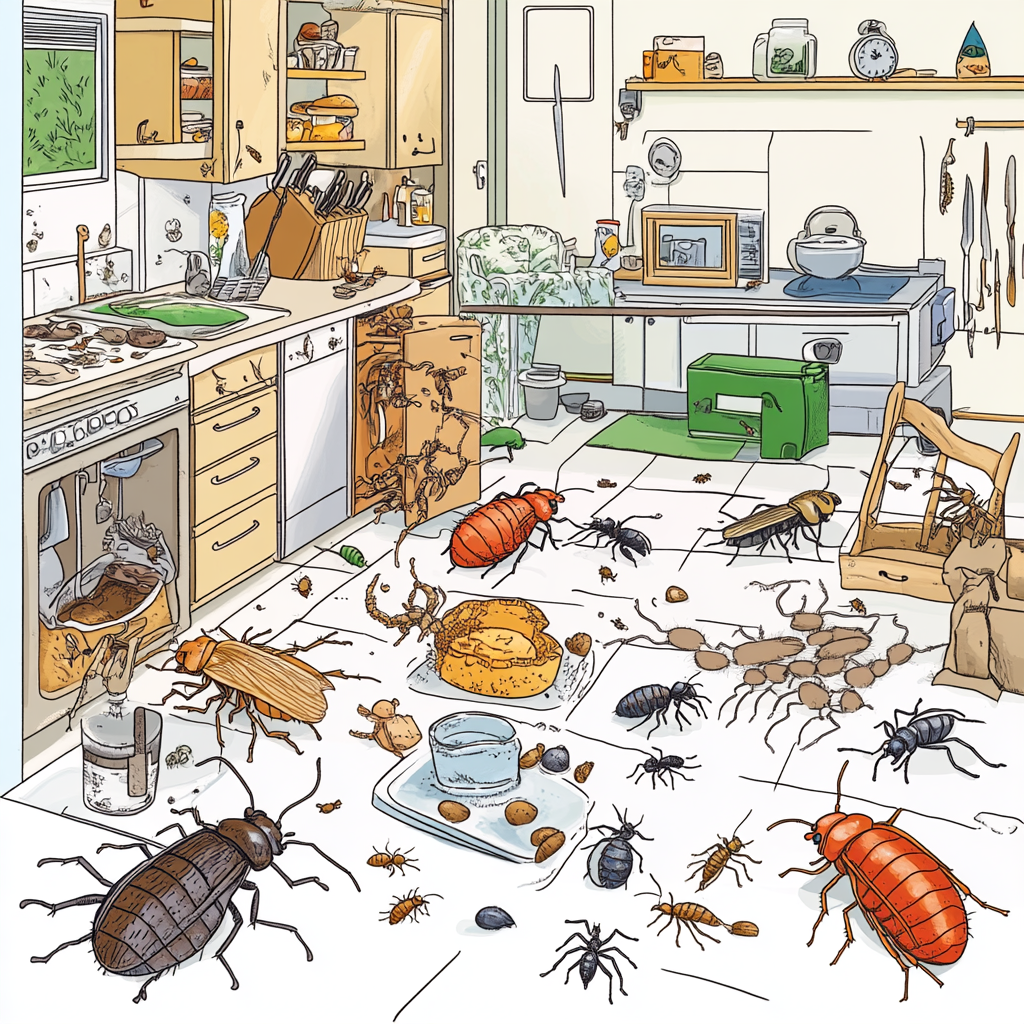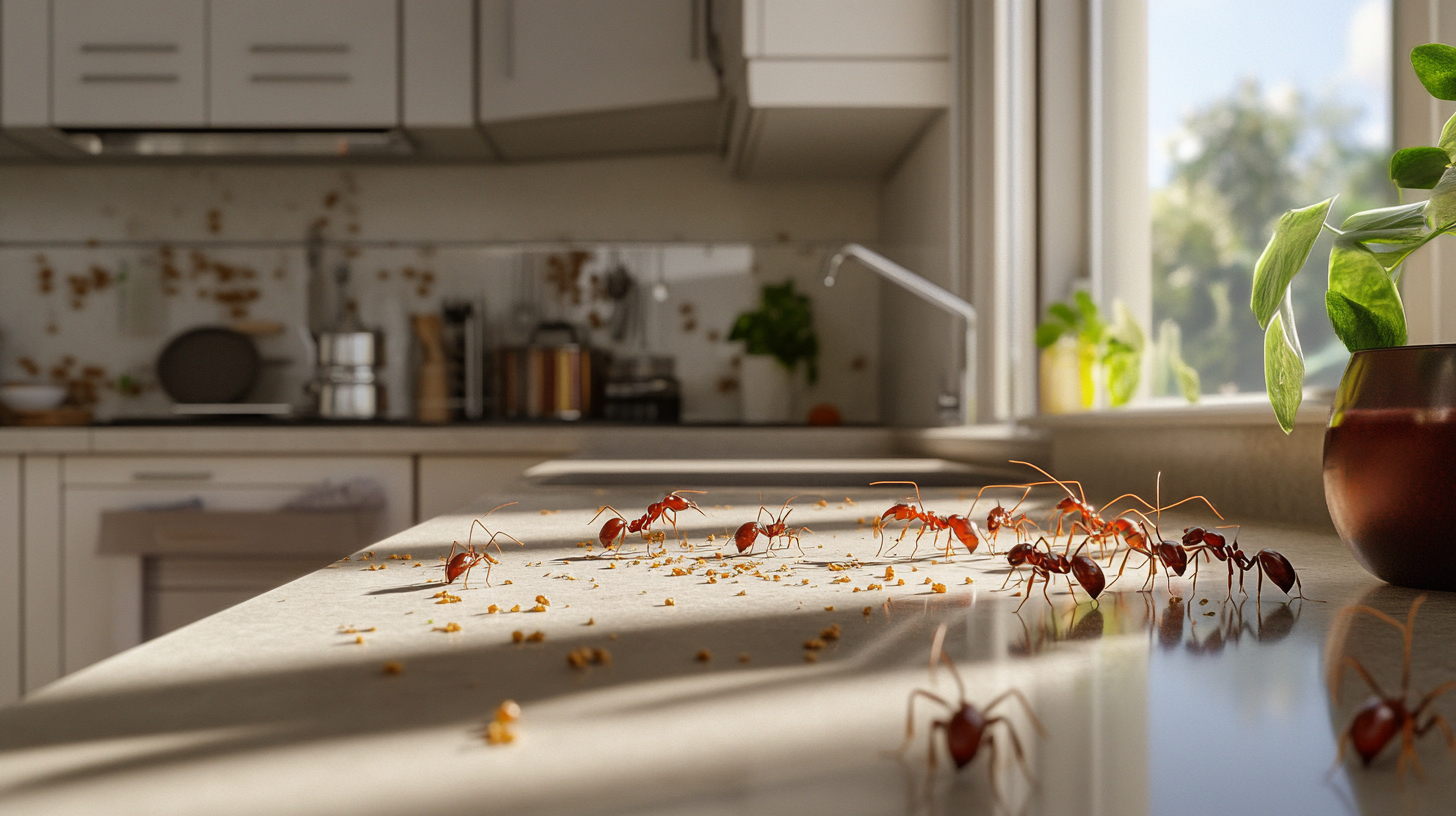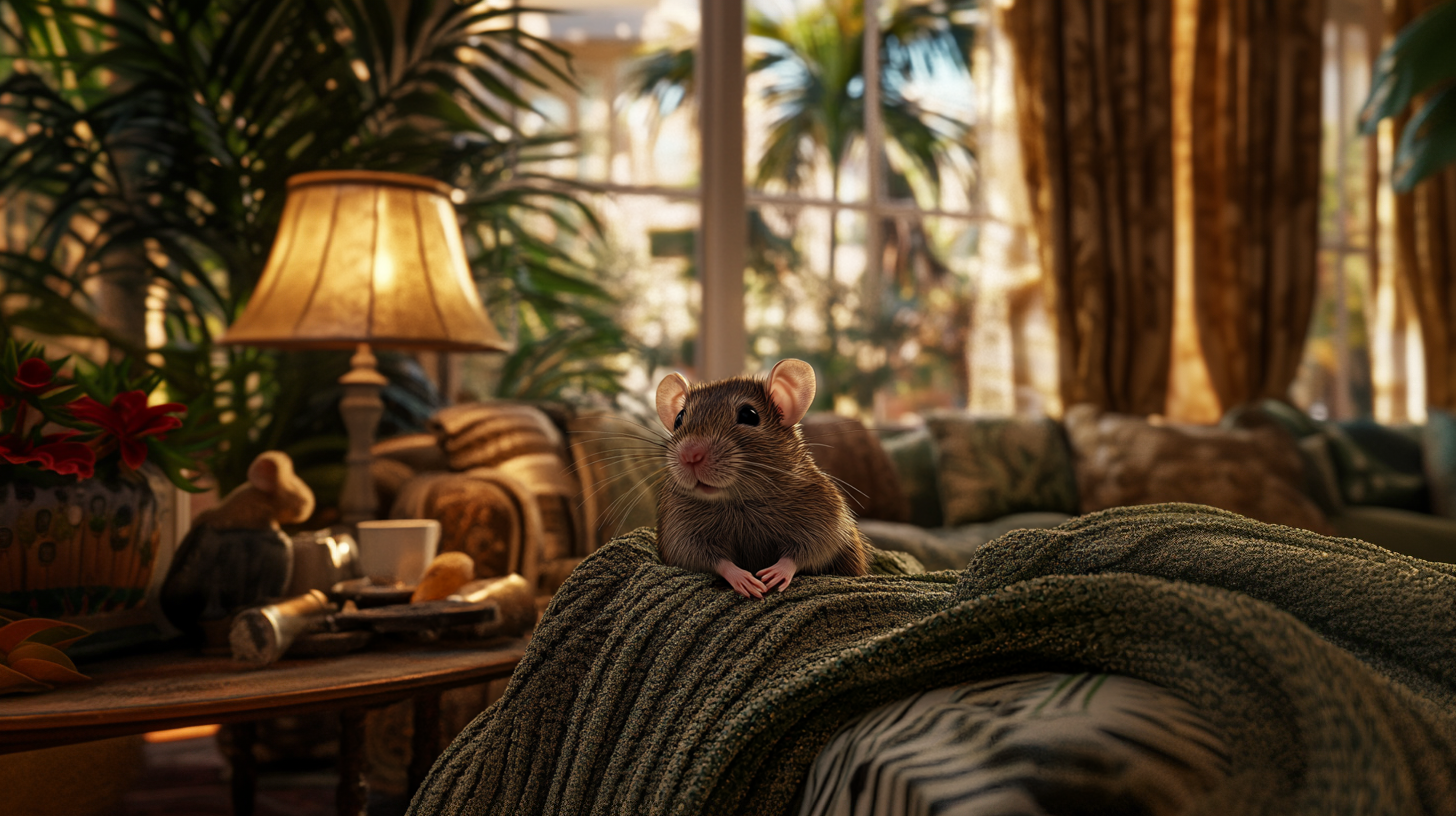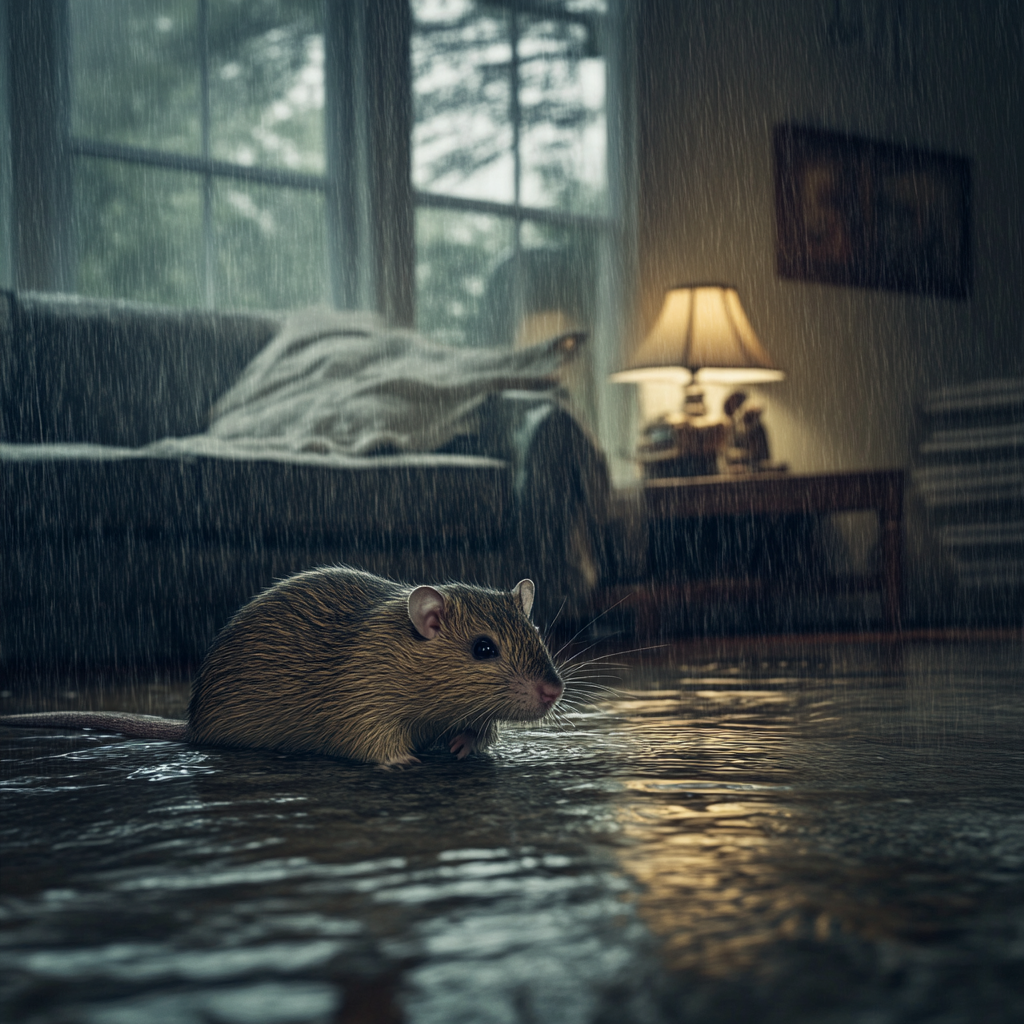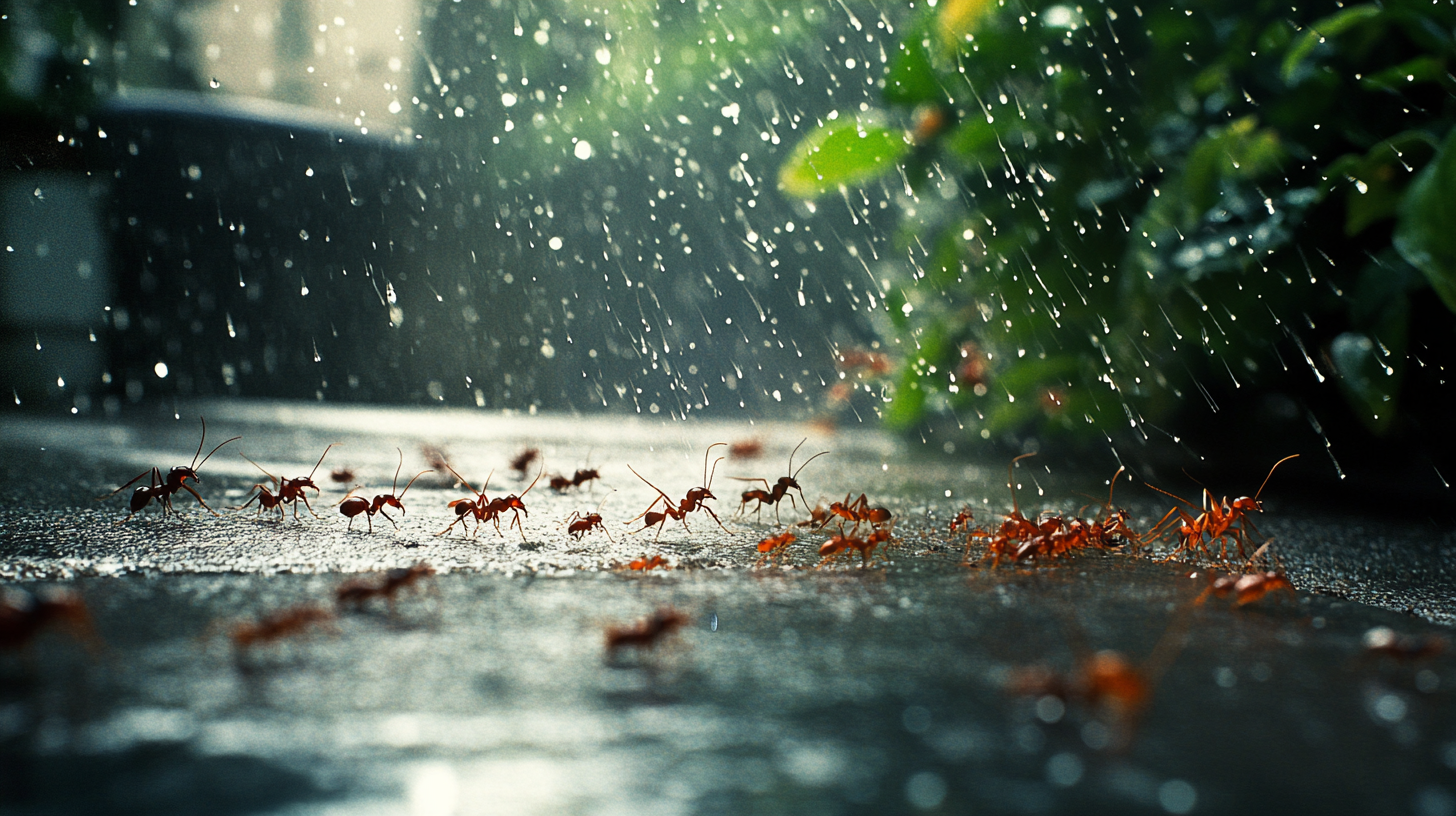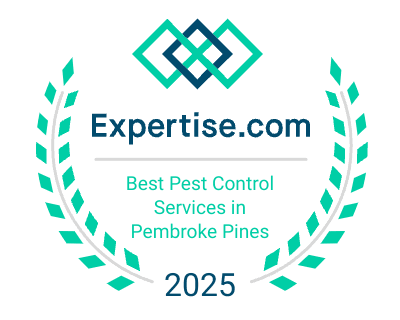4 Common Insects That Are Damaging Your Lawn
Do you know what's lurking below the surface of your lawn? Though most homeowners associate their outdoor space with carefree summer days and relaxation, an unseen menace may be hard at work destroying your grass. That’s right – insects!
While these pests do have a valuable role in nature, if not controlled properly, they can cause significant damage to your lawn. In this blog post, we'll discuss four common insect culprits that could be responsible for those bothersome patches in your yard.
Additionally, we'll cover tips on how to keep them under control so your grass stays lush and healthy all year round.
Identifying Common Lawn-Damaging Insects
- Chinch Bugs: These tiny pests, usually less than 1/5 inch long, are known for sucking the sap out of grass blades, causing them to turn yellow and die. They prefer sunny areas and are particularly drawn to St. Augustine grass.
- Grubs: Grubs are the immature form of beetles, and they live under the soil surface, feeding on the roots of your lawn grass. A severe infestation can cause large patches of your grass to die and easily peel away.
- Sod Webworms: These caterpillars, which turn into small, dull-colored moths as adults, chew on the blades and stems of grass at night. You might spot the moths flying in a zigzag pattern over your lawn in the evening.
- Billbugs: Adult billbugs chew holes in grass stems to lay their eggs, and the larvae feed on the grass roots, causing it to turn brown and die. If you spot small, round holes in your grass blades, you may have a billbug problem.
Signs of an Insect Infestation on Your Lawn
Recognizing an insect infestation early on can help you take swift and effective action. Here are some signs you should look out for:
- Irregular Brown Patches: While many factors can cause your lawn to turn brown, irregular and expanding patches of discolored grass can be a sign of an insect infestation.
- Bare Spots: Insects like grubs consume the roots of your grass, leading to bare, dead patches. If these spots appear unexpectedly, it's a good idea to investigate for pests.
- Bird Activity: An unusual increase in bird activity on your lawn could be a sign they're feeding on lawn pests.
- Spongy Grass: If your lawn feels spongy underfoot and rolls up easily, like a carpet, it could be due to grubs severing the roots.
- Visible Insects: Seeing large numbers of insects, or the presence of their larvae, in your lawn is a clear sign of an infestation.
Always remember that early detection is essential when dealing with lawn pests. By regularly monitoring your lawn's health and acting quickly at the first sign of trouble, you can maintain a lush and healthy outdoor space.
Controlling and Preventing an Infestation
Controlling and preventing lawn infestation requires a multipronged approach. Here are a few practical methods:
- Aerate Your Lawn Regularly: This helps the grass roots grow deeply and makes your lawn less inviting to grubs.
- Hire Professional Lawn Care Services: Though there are various DIY lawn treatment methods, there are high chances of allergic reactions when attempting to do so. Ensure to hire a professional Weston lawn care service for the safest and most effective lawn care.
- Introduce Beneficial Nematodes: These are microscopic worms that feed on grubs and other lawn pests, they can be a great organic solution.
- Maintain a Healthy Lawn: A sufficiently watered lawn recovers from pest damage more quickly and is less attractive to pests. Regular mowing with your mower blades set high will also promote a healthy lawn.
- Monitor Lawn Health Regularly: Regular monitoring can help you spot the early signs of an infestation and take quick action before it gets out of hand.
Remember, every lawn is unique and what works for one may not work for another. It might be necessary to use a combination of methods for the best results.
Treating an Existing Infestation
- Treating an existing infestation requires a careful and strategic approach. Start by identifying the type of insect causing the damage.
- Once identified, look for professional lawn care services in your area. Their effective treatment methods ensure heatlhy lawn heatlh without the danger of deadly aftereffects on you or your loved ones.
- Consider using beneficial nematodes as a natural way to control the infestation. Keep in mind that it's crucial to maintain your lawn's health during treatment.
- Continue regular watering and mowing practices, but be aware that overwatering can exacerbate an insect problem.
Finally, closely monitor your lawn's health following treatment to ensure the infestation has been effectively dealt with and to catch any potential future infestations early.
How to Reduce the Risk of Future Infestations
Preventing future infestations is a cornerstone of maintaining a healthy, vibrant lawn. Here are some key strategies to reduce the risk of insect damage:
- Regular Inspection: Consistently monitor the health of your lawn. Look for any visible insects, larvae, or abnormalities in your grass. Early detection is key to
- Seasonal Care: Different pests are active at different times of the year. Knowing what to expect each season can help you prepare and take preventative measures accordingly.
- Encourage Natural Predators: Birds, frogs, and other wildlife can help control pest populations. Providing a friendly habitat for these creatures can keep insect levels in check.
- Seek Professional Help: If you're unsure about your pest management strategy, don't hesitate to consult a lawn care professional. They can provide expert advice tailored to your specific lawn and its needs.
By following these guidelines, you can minimize the risk of future infestations and keep your lawn looking its best year-round.
About Us
Do you need a professional pest control company for your residential or commercial property in Weston, Florida, and nearby areas? Professional Pestguard is here to help! We provide reliable pest control solutions to our clients to help keep their commercial and residential properties safe and free from pest infestation and other unwanted lawn problems.
For inquiries about the
best ant exterminator services, call us at (954) 389-6107, send your concerns at (786) 282-6767, or email
info@professionalpestguard.com. To request a free service, please fill out our form to
Request Free Quote.
